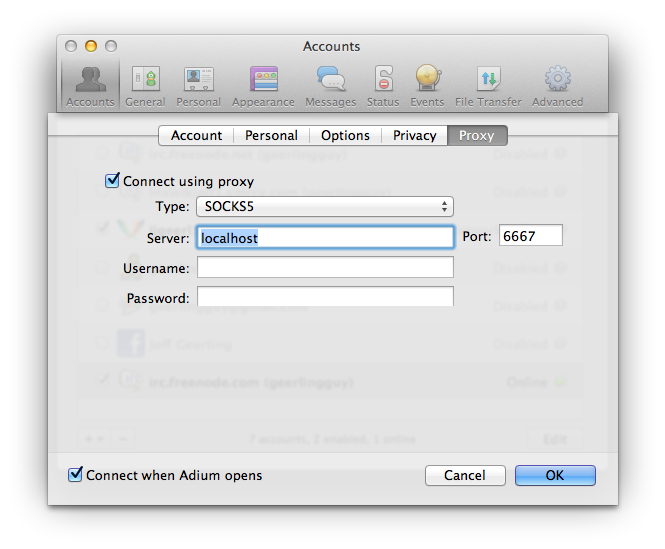Freenode is dead. Long live IRC?
This is the text version; I have a video version of this post on YouTube: Freenode is dead. Long live IRC? [video].
I've been on IRC since I started participating in the Drupal community in the mid 2000s. For over three decades, countless programming and open source communities have centralized their real-time discussions on IRC servers. While overall IRC usage has declined in the past twenty years, Freenode became the most influential hub for IRC users, with the majority of users and channels, especially for open source discussion.
But all things must come to an end, and it seems like Freenode's new leadership—who took over the network over the past few years—are doing everything they can to drive it into the ground, fast.
When I first heard about a bunch of Freenode staff and volunteers forming a bit of a suicide pact, I knew something was up, and immediately many open source communities started discussing what they'd do if their main discussion platform went belly-up.
